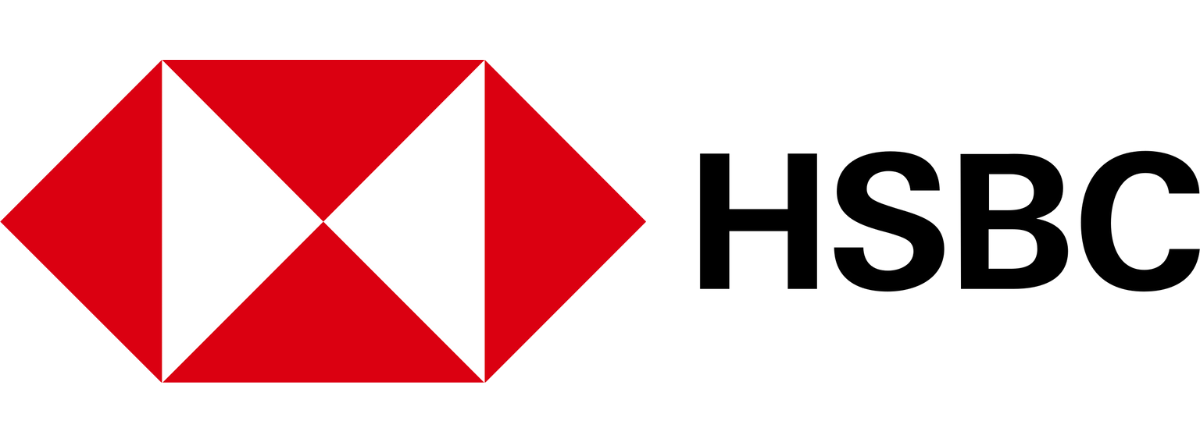Today's listings
Sage puts ESG and fixed income together
Connecticut money manager Sage is listing a new ETF that puts two of the biggest ETF themes of 2017 together: fixed income and ESG. The Sage ESG Intermediate Credit ETF (GUDB) will invest in US dollar-denominated medium-term investment-grade corporate bonds. It will use data from London-based ESG researchers Sustainalytics to determine which companies are the most ESG friendly. It will also use a "controversy" filter, that tallies the environmental controversies of big companies. The companies with better ESG scores and lower controversy scores will have their bonds put in the index.
FormulaFolios lists more smart beta funds Michigan-based private money manager FormulaFolios is listing two new actively managed quant ETFs that invest in other ETFs. They are:
FormulaFolios Tactical Growth ETF (FFTG)
FormulaFolios Smart Growth ETF (FFSG)
FFTG starts by "tactically" lining up five asset classes: US stocks, US bonds, equities in rich countries ex-US, property, and gold. The fund ranks the five asset classes by their momentum using prominent ETFs in each. The three asset classes with the most momentum will then receive equal weighting in the index. The fund's managers will then have discretion over which stocks in each sector get invested in. If there are no three sectors with momentum, the fund will invest in short-term T-bills.
FFSG will try to be "smart" where FFTG tried to be tactical. FFSG will invest a portfolio of two halves. The first half will buy equities from around the world that show strong growth, even if they are riskier. What the second half does depends on market conditions. In a bear market, it will offset the risk of the first half by investing in T-bills and cash. In a bull market, it will do the same as the first half and invest in growth ETFs and stocks.
EuropeGermanyVanguard cross-lists everything into Germany Vanguard has joined the headlong rush to list all over Europe in the wake of Mifid II, and is expanding its offering into Germany, where it has cross-listed all of its European ETFs on the Deutsche Börse.
European issuers can sometimes shy away from listing funds in Germany because German exchanges can have quite generous secondary listing policies. These allow licensed brokers to list pretty much any ETF on the secondary market, so long as it is listed on another major European exchange. The ETFs Vanguard is cross-listing are:
Vanguard FTSE 100 UCITS ETF VG74
Vanguard FTSE Emerging Markets UCITS ETF VG71
Vanguard S&P 500 UCITS ETF VG73
Vanguard UK Gilt ETF VG75
Vanguard USD Treasury ETF VG7L
Vanguard FTSE Developed Europe UCITS ETF VG77
Vanguard FTSE Asia Pac ex-Japan UCITS ETF VG79
Vanguard FTSE Japan UCITS ETF VG78
Vanguard FTSE Developed World UCITS ETF VG7A
Vanguard FTSE North America UCITS ETF VG7B
Vanguard FTSE 250 UCITS ETF VG7C
Vanguard FTSE Developed Europe ex-UK VG7D
Vanguard FTSE All World High Dividend UCITS ETF VG76
Vanguard EURO STOXX 50 UCITS ETF VX5E
Vanguard FTSE All World ex-US UCIT ETF VG72
Vanguard EUR Corporate Bond UCITS ETF VG7I
Vanguard Eurozone Government Bond UCITS ETF VG7J
Vanguard USD Corporate Bond UCITS ETF VG7K
Vanguard USD EM Government Bond UCITS ETF VG7M
Vanguard Global Value Factor UCITS ETF VG7F
Vanguard Global Minimum Volatility UCITS ETF VG7G
Vanguard Global Liquidity Factor UCITS ETF VG7H
Vanguard Global Momentum Factor UCITS ETF VG7E
Corporate action:
HSBC turns worldwide ETFs active
HSBC is turnings its back on passively managed ETFs, remaking two of its worldwide funds as active ETFs. They are:
The HSBC Worldwide Equity UCITS ETF, which will be renamed HSBC Multi Factor Worldwide Equity UCITS ETF
The HSBC ESI Worldwide Equity UCITS ETF, which will be renamed HSBC Economic Scale Worldwide Equity UCITS ETF
Both funds will use investment philosophies and portfolio construction strategies that were similar to the indexes they tracked, HSBC said in a statement.
Today's best ETF articles from around the world
Record inflows for bond ETFs
Bond ETF inflows have surged the past three months as the migration to passive investing widens out beyond equity. ETFs tracking fixed income benchmarks have attracted $130bn - well beyond the 2016 total of $116bn. Floating rate debt trackers have done particularly well, underscoring simmering concerns that the Fed's plans to tighten monetary easing will cause rates to rise.
ETFs will set prices in EM too
Specialists charge more than generalists. And "emerging markets" is an area that has a lot of specialists. But ETFs are about to change that, much like they changed it developed markets. Most EM specialists charge over 100 basis points; EM ETFs charge less than half that. Clever EM specialists are already lowering their fees as a result.
Fidelity boss admits fees are a problem
Fidelity boss Abigail Johnson has admitted that active managers fees need a "fundamental rethink", after watching billions in assets walk over to ETFs. She proposes Fidelity move towards fulcrum fees, which rise and fall with performance. This represents a challenge for active fund managers' business model, which currently runs profit margins of 40-80 percent.





